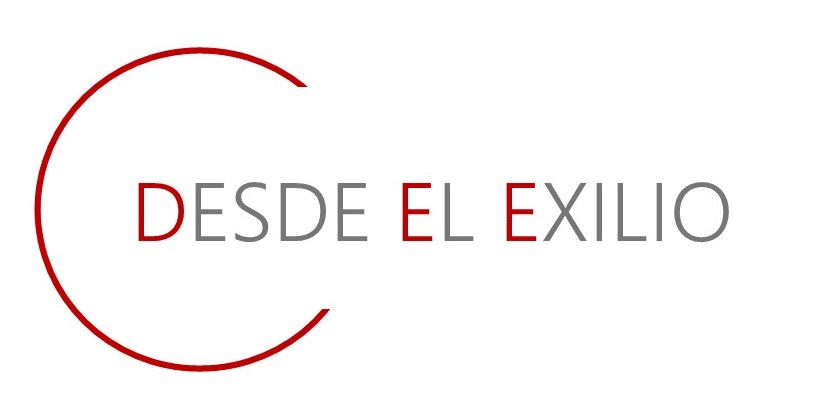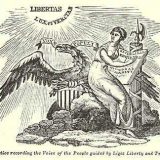Cuenta la leyenda que su día (y puede que sea verdad) el mundo islámico era el centro de la cultura mundial. Al menos a este lado del océano índico. Lo cierto es que hoy ese mismo mundo islámico se encuentra en franco retroceso cultural, prácticamente reanclado en la Edad Media. Si me pongo yo a explicarles los motivos, y a proponer soluciones, siempre les quedará el mal sabor de boca de haberlo leído de un "occidental". Y si el que lo hace es un catedrático de física pakistaní? Eso ya suena mejor. Les dejo con un artículo de Pervez Hoodbhoy , catedrático del departamento de física en la Universidad de Quaid-i-Azam, Islamabad, Pakistán:
In the Islamic world, opposition to science in the public arena takes additional forms. Antiscience materials have an immense presence on the internet, with thousands of elaborately designed Islamic websites, some with view counters running into the hundreds of thousands. A typical and frequently visited one has the following banner: "Recently discovered astounding scientific facts, accurately described in the Muslim Holy Book and by the Prophet Muhammad (PBUH) 14 centuries ago." Here one will find that everything from quantum mechanics to black holes and genes was anticipated 1400 years ago.
Science finds every soil barren in which miracles are taken literally and seriously and revelation is considered to provide authentic knowledge of the physical world. If the scientific method is trashed, no amount of resources or loud declarations of intent to develop science can compensate. In those circumstances, scientific research becomes, at best, a kind of cataloging or "butterfly-collecting" activity. It cannot be a creative process of genuine inquiry in which bold hypotheses are made and checked.
Science can prosper among Muslims once again, but only with a willingness to accept certain basic philosophical and attitudinal changes—a Weltanschauung that shrugs off the dead hand of tradition, rejects fatalism and absolute belief in authority, accepts the legitimacy of temporal laws, values intellectual rigor and scientific honesty, and respects cultural and personal freedoms. The struggle to usher in science will have to go side-by-side with a much wider campaign to elbow out rigid orthodoxy and bring in modern thought, arts, philosophy, democracy, and pluralism.
Just as important, the practice of religion must be a matter of choice for the individual, not enforced by the state. This leaves secular humanism, based on common sense and the principles of logic and reason, as our only reasonable choice for governance and progress. Being scientists, we understand this easily. The task is to persuade those who do not.





Mil gracias, Anahí. Los lectores que no hablan inglés sabrán apreciar este enlace.
Por si te interesa, aquí está la traducción del artículo de Hoodbhoy
http://www.zmag.org/Spanish/1007hoodboy.htm
Interesante trabajo. Por si sirve de algo, les dejo este artículo.
Está ya demostrado que la mayor parte de los avances científicos atribuidos al Islam surgieron en la India y en China, cuando no provenían de la antigua Grecia, y que ellos únicamente los adoptaron. Por supuesto hubo científicos importantes en el mundo islámico, aunque muchos menos de los que se cree popularmente.
Sólo decir que la numeración «árabe» surgió en la India, que los sistemas de cultivo «árabes» fueron copiados de los que empleaban los chinos, y que el álgebra etc la inventaron en Grecia.